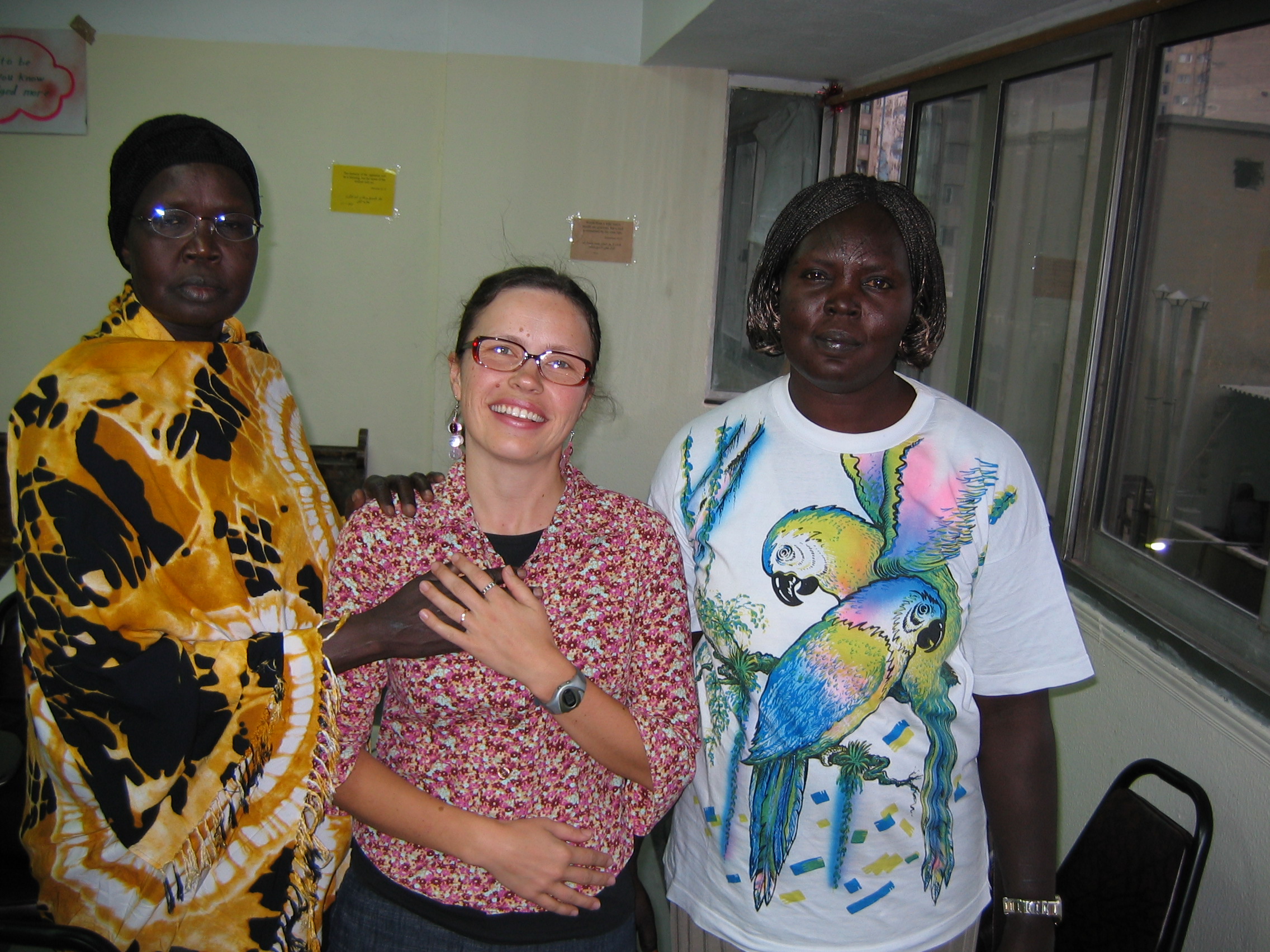When I was 18 years old and left home for the first time, I stayed in Oslo, Norway. I went to help some relatives of mine with childcare and they gave me an opportunity to experience the beautiful Norway and its culture. During the week I went to study Norwegian in a class for immigrants.
This was my first real cross-cultural experience and I still remember many of the life lessons learned. There were many nationalities in our class but two ladies puzzled me. They always seemed sad and looking at them, I could not understand the look in their eyes. I thought to myself, “Why are they so sad? Aren’t they grateful? Aren’t they happy to live in Norway? This is a wonderful country.”
One of the ladies was from Croatia and the other was from Lebanon. We had times during our class to share about our nations and cultures. And for the first time I started to grasp the word ‘refugee’… These women were refugees. One left her home because of the civil war in Lebanon and the other fled because of the Balkan wars. Of course, I had seen it on the news but I had never met anyone from those places. As they talked about the beauty of their home countries on the Mediterranean Sea, the food, the celebrations, I thought about the life they had left behind – home, career, family, and friends… and I started to understand their sorrow and sadness.
There were also three young guys I could not understand. They were Kurdish from either Iran or Iraq. We were about the same age but they struggled in the language class. Even with the alphabet. I started to wonder why they were so slow in learning and even thought that maybe Europeans learn ‘faster’. Until one day I realized that they were illiterate. They told me, “We know a lot about guns and fighting but we did not spend much time in school.” I was shocked and ashamed of my thoughts.
Some years later I met refugees again. This time in Cairo, Egypt and they had come from Sudan. I was with a team involved in literacy training for a teacher’s course. The leader of the teachers was a pastor. His name was Abraham and he was a very tall Sudanese man. What amazed me about the group was the mix of Christians and Muslims. I had never worked with a multi-faith group. They were trying to provide basic education to their children and united in their desires to build better lives. Even while living in exile.
We studied Jesus of Nazareth as one of the greatest examples of teaching through relationship. We prayed together, worked together. Sometimes they would sit in a circle and talk about the “difficult issues”. About the violence and poverty in their country (this was before South Sudan became independent); about the ethnic and religious conflict; about Christianity and Islam; about the challenges to relationships. I would sit and listen and observe their faith. They wrestled with the difficult questions with such grace.
Everyone has a story and every life’s journey is special. Some of the journeys are simply unbelievable. Yes, there are things that are very difficult to hear and to comprehend; there are things that break your heart as you listen, but we must listen. We must give the time and space.
Some people hesitate because they are not sure if you really care. Some people find it too difficult to recall or they want to just forget it. Still, learn about the life they left behind; the people, the culture, the landscape, the food, the smells, the music … and learn to celebrate it with them!


Refugees shouldn’t be always be thought of in the same way as other migrants – it is one thing to leave your country for better opportunities, it is another to be forced from your country with a gun to your back,
LikeLike